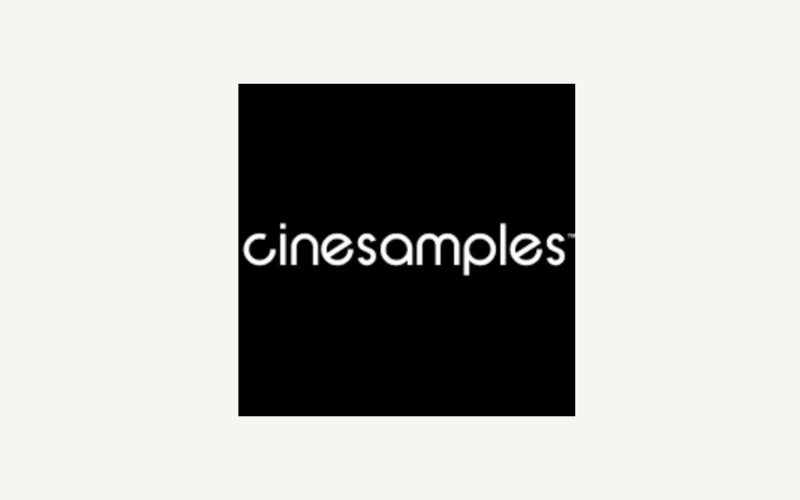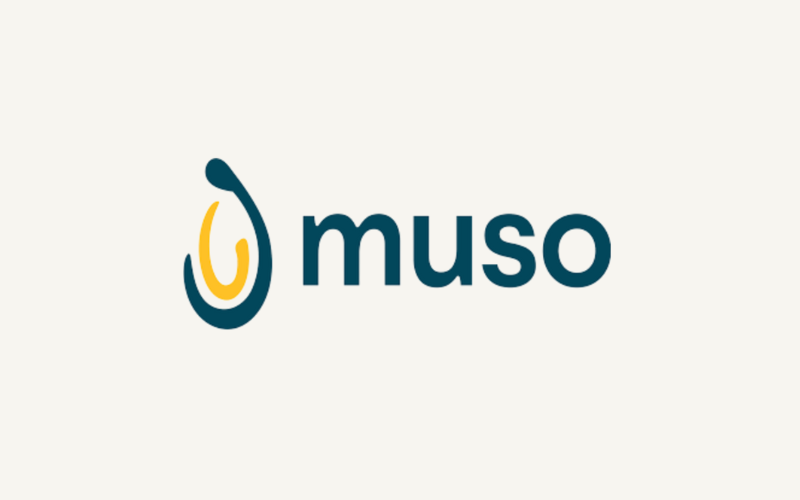OUR PROJECTS
We work across the capital stack to help social impact projects become investable. These collaborations span fund design, capital structuring, transaction advisory, and ecosystem strategy—each tailored to unlock capital for what matters.




























































































